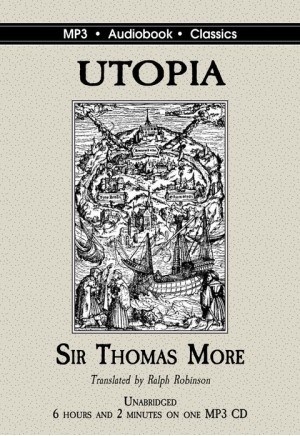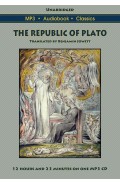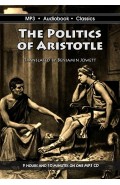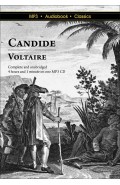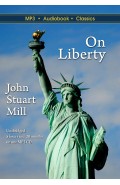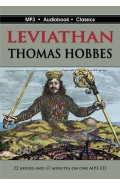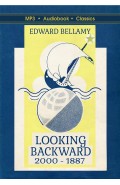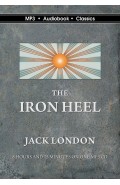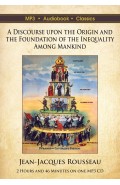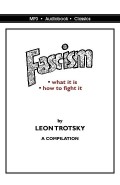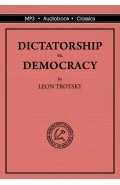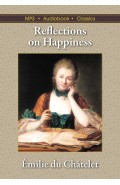| Track | Section | Length |
| 01 | 00 - Foreword and Translator's Note | 13:30 |
| 02 | 01 - Epistle | 13:54 |
| 03 | 02 - Book I part 1 | 24:08 |
| 04 | 03 - Book I part 2 | 36:50 |
| 05 | 04 - Book I part 3 | 17:43 |
| 06 | 05 - Book I part 4 | 31:02 |
| 07 | 06 - Book II part 1: Of the Island and Cities of Utopia | 18:17 |
| 08 | 07 - Book II part 2: Of the Magistrates Of Sciences Crafts and Occupations | 18:53 |
| 09 | 08 - Book II part 3: Of Their Living and Mutual Conversation Together | 15:22 |
| 10 | 09 - Book II part 4: Of Their Journeyng or Travayling Abrode | 59:01 |
| 11 | 10 - Book II part 5: Of Bondemen Sick Persons Wedlock etc. | 24:53 |
| 12 | 11 - Book II part 6: Of Warfare | 26:38 |
| 13 | 12 - Book II part 7: Of the Religions in Utopia | 48:10 |
| 14 | 13 - Peter Giles to the Right Honourable Ierome Buslyde | 8:24 |
| 15 | 14 - Utopian verses etc. | 5:41 |
Notes
Read by: Ruth Golding
Book Coordinator: Ruth Golding
Meta Coordinator: Ruth Golding
Proof Listener: DaveC
Artwork
Cover: The Island of Utopia, by Ambrosius Holbein for the 1518 edition.
Inset: Title woodcut for Utopia, 1516.
Inset: Portrait of Sir Thomas More, 1527, by Hans Holbein the Younger.
Insert: Map of Utopia circa 1595. Abraham Ortelius (1527–1598).
Recordings
These recordings were made using the author’s original published work, which is in the public domain. The readings were recorded by members and volunteers of Librivox.org, which has generously made the recordings available to the public domain. The audio files have been lightly edited and have been engineered using professional audio tools for maximum sonic quality. While Librivox condones the sale and distribution of these recordings, it is not associated with the management or operations of MP3 Audiobook Classics.
- Download and read the eBook at Gutenberg.org
- Download our PDF datasheet
- Read The Return of the Utopians by Akash Kapur in the October 3, 2016 issue of the
New Yorker
Sir Thomas More invented the word “utopia” by blending words from Greek meaning “no place” as a title for his fictional work of political philosophy. The mythical island of Utopia is located in the New World. Raphael, a voyager, describes the customs of Utopia he observed for five years. We learn that there are 54 cities each consisting of exactly 6,000 households arranged in groups of 30, each of which elects a representative, who then in turn elect a Prince, who serves for life. There is no private property. Dwellings are rotated. Meals are communal. Everyone wears the same simple clothes. Men and women are equals. Everyone works at agriculture and at a simple trade six hours a day. Each household has two slaves, who are either foreigners or criminals. There are no lawyers. Health care is free and euthanasia is allowed. Multiple religions are tolerated; atheism is allowed, but disdained. Priests can marry, couples may divorce, but premarital sex is punished by lifelong celibacy and adulterers are enslaved. Written in Latin and published in 1516 in Belgium, the book was not published in England until the translation by Ralph Robinson appeared in 1551, sixteen years after More’s death. Scholars are puzzled by More’s motives in writing Utopia, since many of the concepts put forth stand in direct opposition to his beliefs as a devout Catholic. Most see it as a satirical commentary on the evils of European society and as direct influence on later works such as Francis Bacon’s New Atlantis and Candide by Voltaire.
Play sample:
Download our PDF datasheet
| Item Info | |
| EAN - DVD case | 0683422134739 |
| EAN - CD jacket | '0687700170761 |
| Media | MP3 CD |
| Package | DVD Box |
| Author | Sir Thomas More (1478-1535) |
| Translator | Ralph Robinson (1520-1577) |
| Year | 1516 |
| Recording | |
| Read by | Ruth Golding |
| Length | 6 hours 2 minutes |
| Type of Reading | Solo |
Utopia
- Author: Thomas More
- Product Code: DB-1158
- Availability: In Stock
-
$9.99
Available Options
Related Products
The Prince
Niccolo Machiavelli broke the mold when he wrote The Prince, an ostensibly traditional work in the s..
$9.99
The Republic of Plato
The Republic of Plato is the greatest and best known of Plato’s works and possibly the most influent..
$11.99
The Politics of Aristotle
Aristotle’s Ethics describes the means to the happy life of virtue intended by nature. In Politics h..
$11.99
Candide, or the Optimism
Is this the best of all possible worlds? The title character in Voltaire’s classic novel, Candide, d..
$9.99
The Communist Manifesto
“You pay us just enough so we don’t quit and we work just hard enough so you don’t fire us.” These w..
$9.99
On Liberty
In 1854 John Stuart Mill began a short essay on the relationship of authority and liberty. Five year..
$9.99
Leviathan
The title of Thomas Hobbes’ Leviathan is drawn from the biblical figure of a gigantic sea monster, a..
$13.99
Looking Backward: 2000 - 1887
During the economic and social upheaval of the 1870’s and 1880’s the notion of a better social order..
$9.99
The Iron Heel
The Iron Heel, published in 1908, is considered the earliest of the novels in the modern dystopian g..
$9.99
A Discourse Upon the Origin and the Foundation of the Inequality Among Mankind
Jean-Jacques Rousseau wrote A Discourse Upon the Origin and the Foundations of Inequality Among Men ..
$9.99
Fascism: What It Is and How to Fight It
Fascism: What It Is and How to Fight It, written by Leon Trotsky in 1933, is a critical analysis of ..
$9.99
Dictatorship vs. Democracy
"Dictatorship and Democracy," written by Leon Trotsky in 1937, explores the tensions between dictato..
$9.99
Reflections on Happiness
Reflections on Happiness by Gabrielle Émilie Le Tonnelier de Breteuil, Marquise du Châtelet, is a ph..
$7.99

